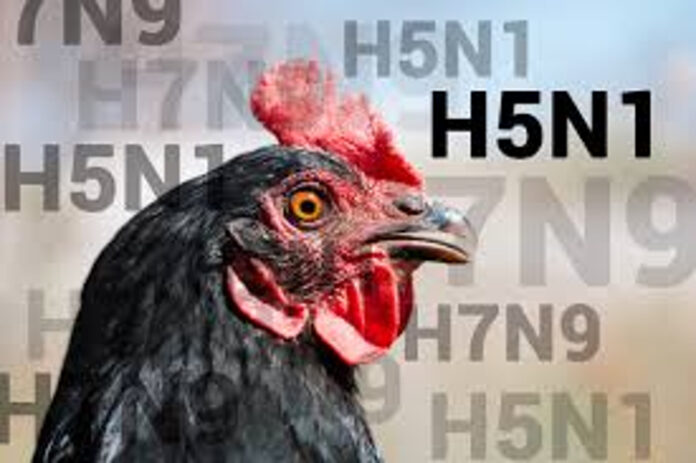Since Being First Detected In The U.S. In Poultry & Dairy CowsThe A(H5NI) Bird Flu Has Jumped To Humans & Wild Animals
Tuesday, May 21, 2024, 8:00 A.M. ET. By Ryan Metz: Englebrook Independent News,
WASHINGTON, DC.- In a follow-up to my article last month about the effects that the avian bird flu is having in the U.S., medical researchers have confirmed it has jumped to humans and has been found in numerous species of wild animals.
A paper published in the New England Journal of Medicine has confirmed earlier reports from March of this year, that a farm worker in the U.S. did indeed contract the bird flu, A(H5N1) from an infected cow.
This strain of bird flu, A(H5N1) is also being reported as a Highly Pathogenic Avian Influenza (HPAI). As previously reported, the mild symptoms were limited to inflammation of the eyes and did not affect the respiratory system of the individual. The Texas Department of Health Services reported that the patient was being treated with the antiviral drug oseltamivir and has not yet issued a significant health warning for people. This is currently only the second case of a human contracting the bird flu in the United States.
A professor from Texas Tech, Steven Presley, and Cynthia Reinoso Webb co-wrote the paper that was published May 3, 2024. Both Presley and Webb study biological threats at the Institute of Environmental and Human Health. “It’s a huge thing that the virus has jumped from birds to mammals, dairy cows in this case, and then to humans,” Presley said. “That’s why this paper in the New England Journal of Medicine is, I think, very significant. It’s going to lay the foundation, I believe, for a lot of research in the future of how the virus is evolving.”
Testing of livestock for bird flu in Texas has been ongoing with the first recent confirmation occurring in April 2022. Since then bird flu has been detected throughout the U.S., first in poultry and wild birds with wild animals such as bobcats and bears recently testing positive. Health officials throughout the United States do not believe the bird flu currently presents any significant danger to humans, though testing and monitoring remains ongoing.
Over the next several months I will be closely following the medical research on the bird flu virus and will keep everyone updated in future publications.



